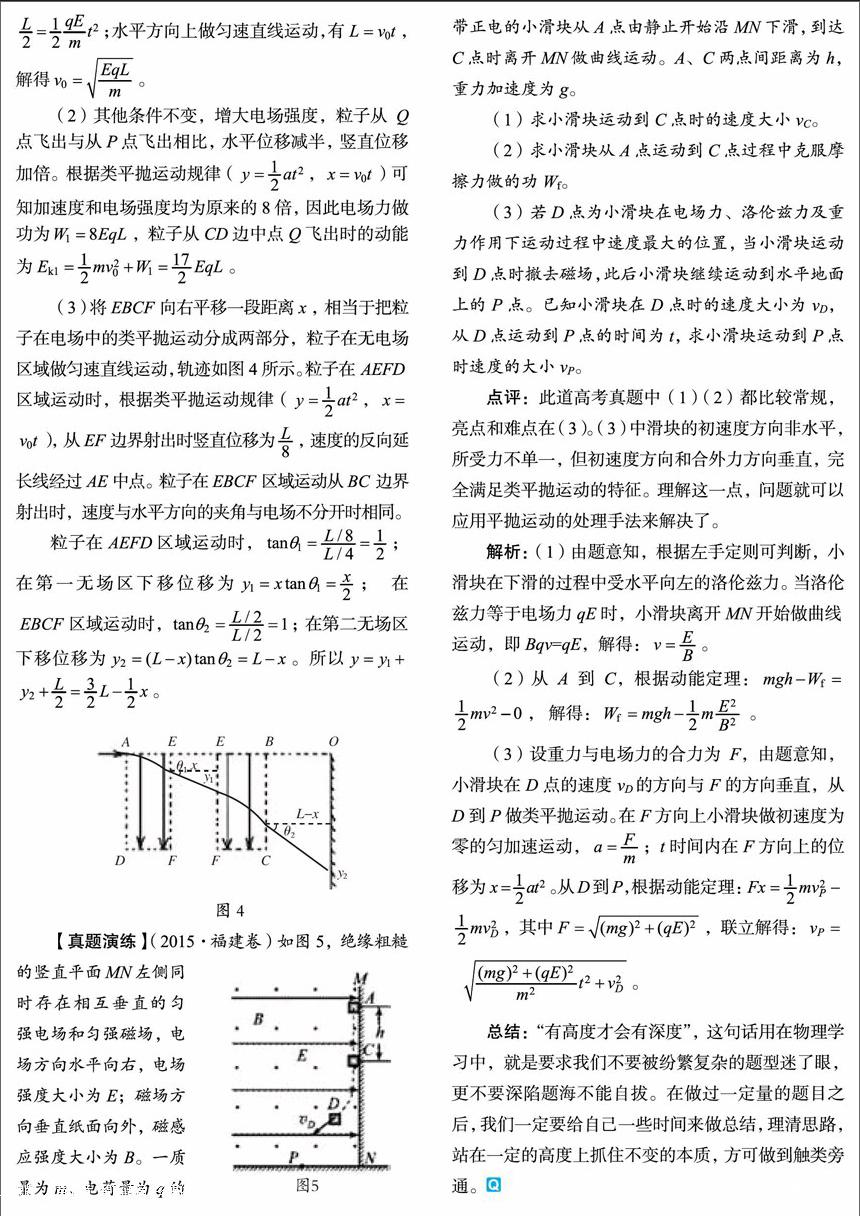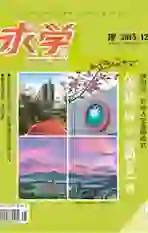屠呦呦问鼎诺贝尔奖
2015-12-25



The landmark success of herbal expert Tu Youyou, the first Chinese woman national to win a Nobel prize in science, has aroused an intense sense of national pride and hopes on the future of traditional Chinese medicine (TCM). Tu, born in 1930, shared the 2015 Nobel Prize for Physiology or Medicine with Irish-born William Campbell and Japans Satoshi Omura for her discoveries concerning a therapy against malaria.
She discovered Artemisinin, a drug that has significantly reduced the death rates for patients suffering from malaria.“Artemisinin is a gift for the world people from the traditional Chinese medicine. It is of great significance for curing malaria and other infectious diseases and for protecting the health of the world people,” Tu said in Beijing. “ The discovery of Artemisinin is a successful example of collective research on traditional Chinese medicine. The prize winning is an honor for Chinas science cause and traditional Chinese medicine in their course of reaching out to the world.”
“Tus winning the prize signifies Chinas prosperity and progress in scientific and technological field, marks a great contribution of traditional Chinese medicine to the cause of human health, and showcases Chinas growing strengths and rising international standing,” Premier Li Keqiang said in a congratulatory letter Monday evening.
In 2011, Tu became the first scientist on the mainland to win Americas respected Lasker Award for the anti-malaria therapy. Graduating from the Beijing Medical College in 1955, she is chief researcher and professor at the Beijing-based China Academy of Chinese Medical Sciences.
On Chinas Twitter-like Sina Weibo, the breaking news has been forwarded by at least tens of thousands of users and received numerous “thumb-ups.” Netizen “Shengxiaxohuiyi” wrote, “ Now I feel truly proud of being a medical student.”
1. Why is Tu Youyous winning considered the landmark success?
A. Because she is the first Chinese national to win the Nobel prize.
B. Because she arouses an intense sense of national pride and hopes.
C. Because she improves the future of traditional Chinese medicine.
D. Because she shares the Nobel prize with Japans Satoshi Omura.
2. People use Artemisinin to ___.
A. control death rates of patients in hospital
B. reach out to the different parts of world
C. cure patients suffering from the malaria
D. make people work on Chinese medicine
3. What Premier Li Keqiang said in the third paragraph means ______.
A. he encouraged scientists to seek progress in technological projects
B. he wanted to show the world Chinas rising international standing
C. he contributed traditional Chinese medicine to the human health
D. he praised medical researchers for their work and achievements.
【答案】1. A 2. C 3. D
【生词】
1.Artemisinin青蒿素
例句:I need mention only Artem-isinin for malaria to make this point.
我只需要指出青蒿素可以治疗疟疾就能说明这一点。
2. congratulatory [ k?n?gr?t?u?l-e?t?ri ] adj. 祝贺的
例句:Scores of congratulatory telegrams and letters greeted Franklin on his return.
富兰克林一回来,就收到了几十封贺电和贺信。
3. numerous [?nju:m?r?s] adj. 很多的,数不清的
例句:The doctors gave numerous examples of patients being expelled from hospital.
医生们列举了大量病人被逐出医院的实例。
【长难句分析】
It is of great significance for curing malaria and other infectious diseases and for protecting the health of the world people.
青蒿素在治疗疟疾和其他传染疾病以及在保护世界人民的健康方面起着重要的作用。
该句中“be of + 抽象名词”的用法相当于be + 形容词。
